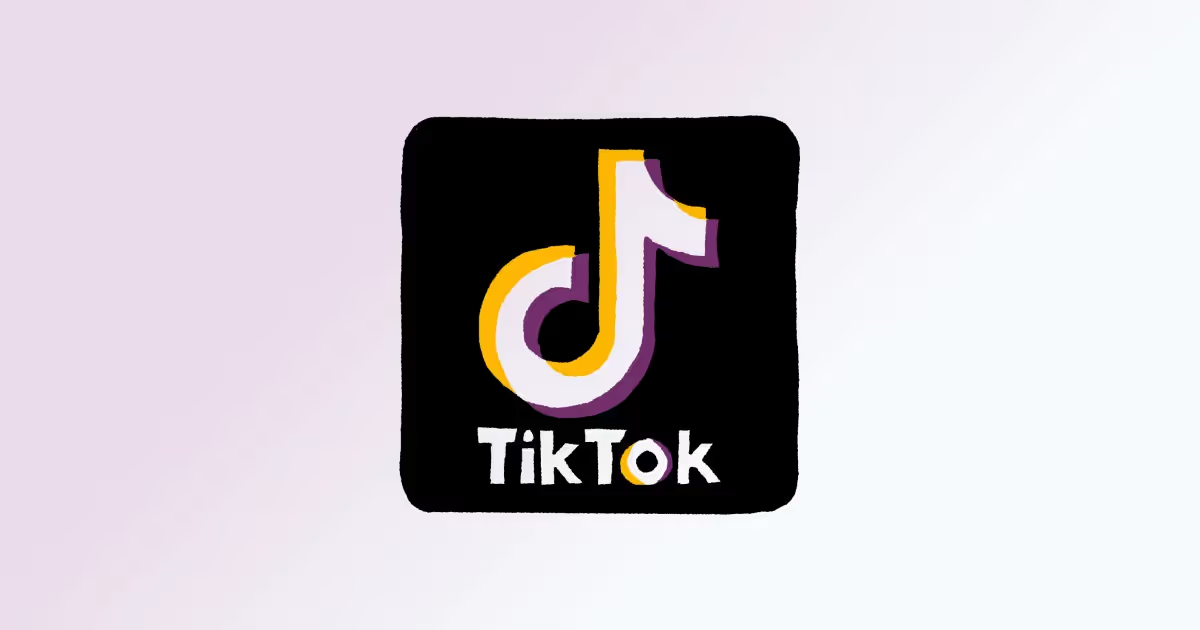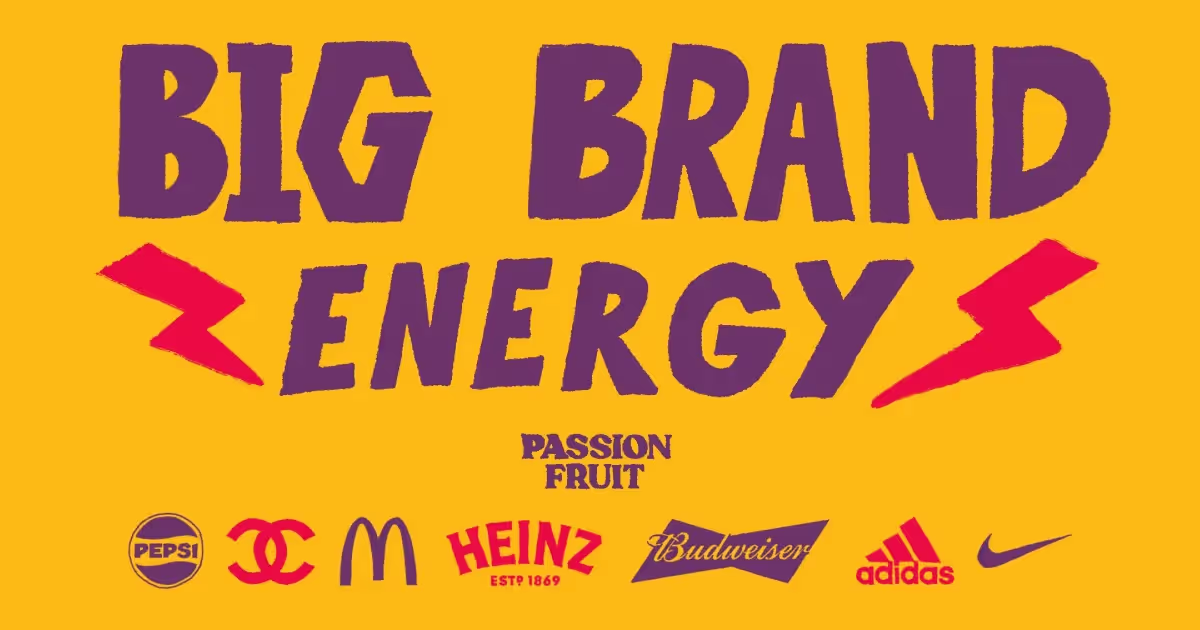Start-ups require content marketing for many reasons, it enhances brand visibility and establishes thought leadership, fostering credibility within the industry. Through strategic blog posts, social media engagement, and informative videos, you can showcase expertise and offer value to attract and retain customers.
However, in this landscape of ever-evolving strategies, AI has emerged as a transformative power, redefining the boundaries of what's achievable in content marketing. With its ability to automate content creation, extrapolate deep insights into customer behaviour and create more personalised experiences, AI enables start-ups to develop super-smart content strategies.
But while more and more marketing teams embrace AI as an integral part of their content marketing strategy, those who don’t start exploring it as a way to work more efficiently and creatively could be left behind.
Here are five ways AI can transform your content marketing strategy.
1. Providing deeper data insights
Think of successful content marketing like building a sturdy house – it all starts with a solid foundation, and in this case, that's data. Nowadays, AI-powered tools are shaking things up, giving us fresh ways to make the most of data. They sift through large amounts of data to find gold nuggets about what customers like, how they act, and where the market is headed. No more just going with your gut; AI hands you the ability to understand your audience, so you can create content that resonates.

Imagine this, in real-time, you know about your audiences’ current topics of interest, the content that gets their engagement, and where they hang out online. Armed with this intel, creating content that speaks their language becomes much easier, enabling you to form a real bond that gets people talking about your brand and buying. But AI doesn't stop at the surface; it dives deep, helping you spot hidden patterns. This means you can make wiser choices and focus on the right areas.
But AI isn't just another tool in your toolbox; it's turning content marketing on its head. When AI teams up with data insights, it's like having a backstage pass to innovation. You can now create experiences that are tailor-made for each person. So, weaving AI-powered data insights into your strategy isn't just a smart move, it's a must-do to stand out and shine.
BuzzSumo uses AI to analyse social media trends and content performance to provide deeper insights into your audience’s behaviour. SEMrush offers AI-driven features that can help you identify keywords, track rankings, and analyse competitors' content strategies.
2. Automating content creation
Content creation is the lifeblood of content marketing, but it can also be time-consuming and resource intensive. AI-driven content tools can accelerate your ability to produce content by automating drafting articles, blog posts, and social media posts. But while AI tools can create first drafts and innovative ideas that act as the groundwork for content creation, humans still play a significant role in this process. They need to edit content to ensure consistency and flow, including key insights and weave your brand voice into the narrative. The outcome? A rapid stream of content spanning diverse platforms, that doesn’t compromise on quality and keeps your brand positioning intact.
Beyond just automation, the AI-powered content revolution redefines content marketing's potential. By freeing up human creators to focus on fine-tuning and personalising drafts, brands can curate content that resonates deeply with their audience. This dynamic approach doesn't just save time – it enhances engagement, nurtures connections and enriches your brand narrative.
ChatGPT and Copy.ai are two popular AI copywriting tools providing content inspiration and first drafts of a range of content types.
.avif)
3. Creating more personalised customer experiences
In an era where customers are inundated with content, personalisation has become critical for standing out. AI can recognise patterns, analyse data, and predict preferences. Leveraging this capability, start-ups can tailor content recommendations, emails, and product suggestions based on the unique characteristics and behaviours of each customer. The level of customisation not only enhances the user experience but also creates a sense of value and appreciation among customers.
For example, if a potential customer receives a personalised email with content that directly addresses their interests and needs, you are more likely to foster a deeper connection with your audience, cultivate brand loyalty and encourage interactions. This level of engagement is made possible by AI's ability to segment audiences based on behaviour, preferences and demographics.
One of the main advantages of AI-powered personalisation is its ability to create a sense of being understood. When customers encounter content that accurately reflects their preferences and aspirations, they are more likely to develop a genuine affinity for your brand. This creates a virtuous cycle where customers are more willing to engage with the content, provide feedback, and share their experiences, giving start-ups a treasure trove of insights to refine their strategies further.
Optimizely's experimentation and personalisation platform leverages AI to deliver personalised experiences, including content and product recommendations, across the web and mobile. Braze is a customer engagement platform that uses AI to segment audiences and send personalised messages, emails, and push notifications to improve user engagement.

4. Optimising your content distribution
Creating exceptional content is only half the battle; getting it in front of the right audience is equally crucial. AI excels in identifying the most effective distribution channels and optimal posting times. By studying past user interactions, AI algorithms recognise which platforms and mediums are most effective in attracting your target audience. This data-driven approach minimises guesswork, ensuring that content is distributed where it will generate the highest returns.
AI also excels at predicting audience behaviour patterns, enabling content creators to choose the perfect timing for publication. The technology considers factors such as time zones, historical engagement trends, and peak online activity periods. This means that a blog post, for instance, can be strategically shared when the audience is most active, boosting visibility and interaction rates.
With AI-driven insights, you can also time your social media posts, emails, and other content releases to align with your audience's online behaviour. This level of precision ensures that your content not only resonates but also gains the visibility it deserves.
Hootsuite is a popular social media management tool that offers AI-driven scheduling recommendations including when to publish your blog on social channels. Mailchimp is an affordable email marketing platform with AI-driven email personalisation, segmentation and scheduling features.
.avif)
5. Accessing real-time analytics
In the fast-paced world of content marketing, the ability to adapt and refine strategies quickly is essential. AI-powered analytics tools provide real-time data on content performance, enabling marketers to make informed decisions on the fly. This iterative approach allows you to fine-tune your content strategies based on actual data, ensuring that your efforts remain effective no matter how fast things shift.

If you launched a content campaign and received immediate insights into its performance metrics: engagement rates, click-through rates, and more, you can pivot your strategy if necessary, optimising your content for better results. This dynamic approach ensures that your content remains relevant, engaging, and in tune with your audience's evolving preferences.
Google Analytics 4 (GA4), the latest version of Google Analytics, offers real-time data on website traffic, user behaviour, and content performance. It uses AI to provide predictive metrics and audience insights in real time. BuzzSumo provides real-time social engagement data and content performance metrics. It uses AI to track social shares, backlinks, and content trends as they happen.
Preparing for an AI future
There’s no doubt that AI will have a big impact on content marketing. From data-driven insights that inform strategies to automated content creation, personalised experiences, optimised distribution, and real-time analytics, AI has ushered in a new era of marketing innovation. By embracing AI as a collaborative partner, start-ups can leverage its capabilities to streamline processes, enhance engagement, and achieve better results.
And as the digital landscape continues to evolve, those who harness the power of AI will be better equipped to navigate the challenges and seize the opportunities that lie ahead.







